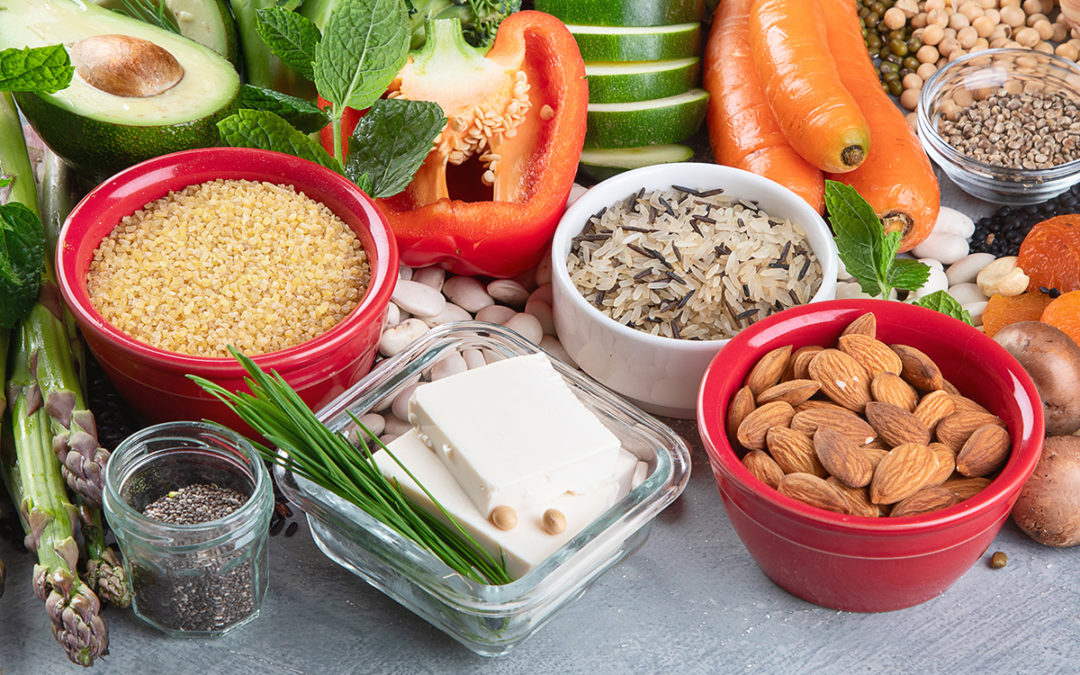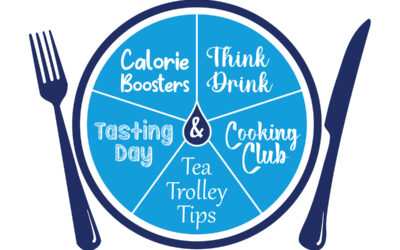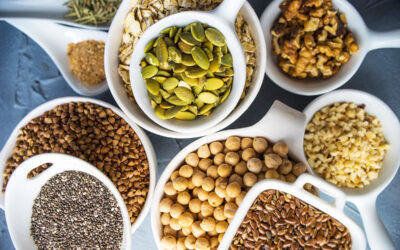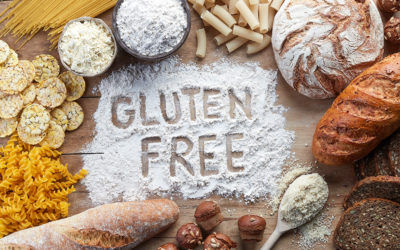In my last blog I looked at lifestyle factors that can occur in later life which could impact on our nutritional needs as we age. This week I would like to take a deeper dive into key nutrients and vitamin and mineral deficiencies that are common in older people and how these might be supported through dietary choices.
Protein
Protein is required for regeneration and repair at every stage of life for all people. For those who are malnourished due to lack of motivation to cook at home or poor dietary choices, if protein is deficient it can be difficult for that person to recover from illness or they may not heal from wounds well.
Protein is easily included into the diet. For those who eat meat and other animal products it is especially easy to find.
Animal protein sources include: lamb, beef, chicken, fish, eggs, natural yoghurt, milk and cottage cheese.
Plant proteins include: soya products like tofu and tempeh, quinoa, beans, lentils, nuts and seeds.
Fibre
Fibre is found in complex carbohydrates and is important for proper bowel movement and immune system health.
It is found in foods such as: all vegetables, all fruits (especially stewed apples and pears), whole wheat breads and pastas, beans, lentils, nuts and seeds.
Vitamin D
Vitamin D is especially important for bone health and to modulate the immune system.
Our body is designed to obtain vitamin D from the sun and not so much from our foods. For some elderly people it is difficult for them to go outside because of illness, or they are afraid of getting too cold, even on a sunny day.
If this is the case, then we might become more reliant on boosting the vitamin D-rich foods. These include: fatty fish, liver, egg yolks, fortified milk and juices and fortified cereals.
Taking a vitamin D supplement can also help to boost levels.
Calcium
Calcium is also essential for bone health and requires vitamin D for absorption.
Calcium can be found in foods such as: sesame seeds, broccoli, milk, cheese, yoghurts, sardines, wholemeal breads and beans.
Vitamin C
Vitamin C is an essential vitamin for overall health and wellbeing, immune system health and skin health.
Vitamin C can be found in: bell peppers, kiwi fruit, strawberries, broccoli, oranges, plus most orange and red fruits and vegetables.
NHS Choices explains how to preserve vitamin C in fruits and vegetables:
- During prep use a minimal amount of handling
- Do not soak in water before or after cooking
- Do not cover
- Instead of boiling cook by microwave, steaming, baking or grilling.
- Keep fruit and vegetables away from sunlight
- Use fruit in smoothies
- Buy freshly picked or frozen fruit and vegetables. The longer a fruit or veg is stored after cooking, the more of the vitamin C content is lost.
You will find these key nutrients included in all our Nellsar menus.
Next week I will look at other deficiencies such as iron, folate, zinc, B12 and B6 which are common in our elderly community and how we can best support them.




